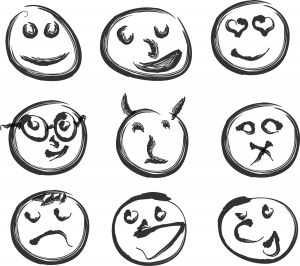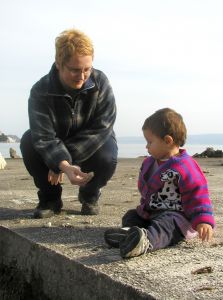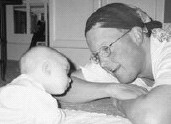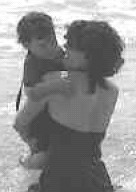From API’s Publications Team
 According to an article on InTheNews.co.uk, “One in Four Aussie Kids Have Parent with Mental Illness,” mentally ill parents are more likely to form insecure attachments with their children.
According to an article on InTheNews.co.uk, “One in Four Aussie Kids Have Parent with Mental Illness,” mentally ill parents are more likely to form insecure attachments with their children.
A study published in the January 6 Psychiatric Bulletin explains the correlation between the more severe mental illnesses and less sensitive and competent parenting, insecure infant attachment, lower quality bonds between mother and child, and a greater risk of mental illness developing in the children. However, the authors stress that mental illness in parents does not guarantee poor outcomes in children, only that there appears to be a greater risk.
To read the entire article, go to www.inthenews.co.uk/news/health/autocodes/autocodes/australia/one-in-four-aussie-kids-have-parent-with-mental-illness–$1258690.htm.
 I frequently receive e-mail from parents who practice Attachment Parenting (AP) across the United States and in other countries asking for help and support in custody cases when they are contemplating shared joint custody of their infants, toddlers, and preschool children.
I frequently receive e-mail from parents who practice Attachment Parenting (AP) across the United States and in other countries asking for help and support in custody cases when they are contemplating shared joint custody of their infants, toddlers, and preschool children. My experience as a single attachment parent started when my son was 19 months old and I was seven and one-half months pregnant with my daughter.
My experience as a single attachment parent started when my son was 19 months old and I was seven and one-half months pregnant with my daughter. As the lone parent of two little girls four years old and two years old, one of the hardest things I find about doing it on my own is the fact that I am constantly “on duty.”
As the lone parent of two little girls four years old and two years old, one of the hardest things I find about doing it on my own is the fact that I am constantly “on duty.” Our children model our behavior. When surrounded by people who love them and respond to them sensitively and empathetically, they learn to respond this way to others. In my view, the API principle of Responding with Sensitivity best illustrates the concept of Attachment Parenting (AP). I may or may not adhere to all the principles of AP, but if emotional responsiveness does not permeate my parenting, then I question whether I can cultivate a strong bond with my children.
Our children model our behavior. When surrounded by people who love them and respond to them sensitively and empathetically, they learn to respond this way to others. In my view, the API principle of Responding with Sensitivity best illustrates the concept of Attachment Parenting (AP). I may or may not adhere to all the principles of AP, but if emotional responsiveness does not permeate my parenting, then I question whether I can cultivate a strong bond with my children.
 Many attachment parents say that the API Principle, Striving for Personal and Family Balance, is the cornerstone of Attachment Parenting (AP). We tend to be less emotionally responsive when we are struggling to achieve balance in our families, and this lack of responsiveness may impact the quality of attachment between us and our children. We may need help when our family life is out of balance, but the wide range of parenting advice can be confusing, even overwhelming.
Many attachment parents say that the API Principle, Striving for Personal and Family Balance, is the cornerstone of Attachment Parenting (AP). We tend to be less emotionally responsive when we are struggling to achieve balance in our families, and this lack of responsiveness may impact the quality of attachment between us and our children. We may need help when our family life is out of balance, but the wide range of parenting advice can be confusing, even overwhelming.
 It’s one thing to understand how remaining calm, supportive and objective can be a great service to our children and another thing to do it when we’re exhausted, frazzled, and sleep-deprived.
It’s one thing to understand how remaining calm, supportive and objective can be a great service to our children and another thing to do it when we’re exhausted, frazzled, and sleep-deprived. Welcome to Motherhood!
Welcome to Motherhood!